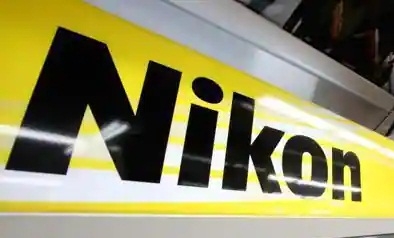The camera manufacturer aims to facilitate “direct sales, service, and distribution for their Microscopy Solutions”…reports Asian Lite News
Nikon India has announced its entry into the healthcare sector, through the System Product Microscopy business.
The camera manufacturer aims to facilitate “direct sales, service, and distribution for their Microscopy Solutions”.
The company claimed that its newly-launched product AXR Point scanning confocal microscope provides the “world’s largest field of view of 25mm in one single shot” to give the most accurate statistical data.
“This segment offers huge potential, and we are upbeat about its growth prospects,” said Sajjan Kumar, Managing Director of Nikon India Pvt. Ltd.
“We plan to install the abdominal X-ray(AXR) system in a few research institutes in India. Our expected annual turnover for the fiscal year 22-23 will be around 5 per cent and we anticipate it to grow 10 per cent plus by the end of next year,” he added.
Additionally, the introduction of ‘Artificial Intelligence’ in the software resolves a number of research issues while reducing time.
“Nikon’s core Microscopy Software NIS Elements provides the perfect solution for researchers by supporting third party products,” the company said in a statement.
The company’s healthcare product range includes “General Microscope, IVF (in vitro fertilization) station and System Microscope Solutions”.
The microscopy market in India is expected to expand at a rate of 7a”10 per cent “during the same period,” it said.
Last month, Nikon has announced it is acquiring German 3D printer company SLM Solutions for $620 million (622 million euros).
With this transaction, Nikon aims to become a leading global player in metal additive manufacturing (AM), offering innovative manufacturing solutions, said Toshikazu Umatate, President of Nikon Corporation.
“SLM has supplied more than 750 metal AM that use a molding method called Laser Powder Bed Fusion to more than 150 leading companies around the world, including in the aerospace and automotive industries,” Umatate said in a statement.
By 2030, Nikon aims to become “a key technology solutions company in a global society where humans and machines co-create seamlessly”.
The company expects that by 2030, the space industry will require high-precision components in complex shapes, and that the automotive industry will focus on weight reduction for electric vehicles and other products.
“Nikon will address these various challenges and add value for our customers by providing additive processing and riblet processing for end products, components, and contract processing,” said the company president.


